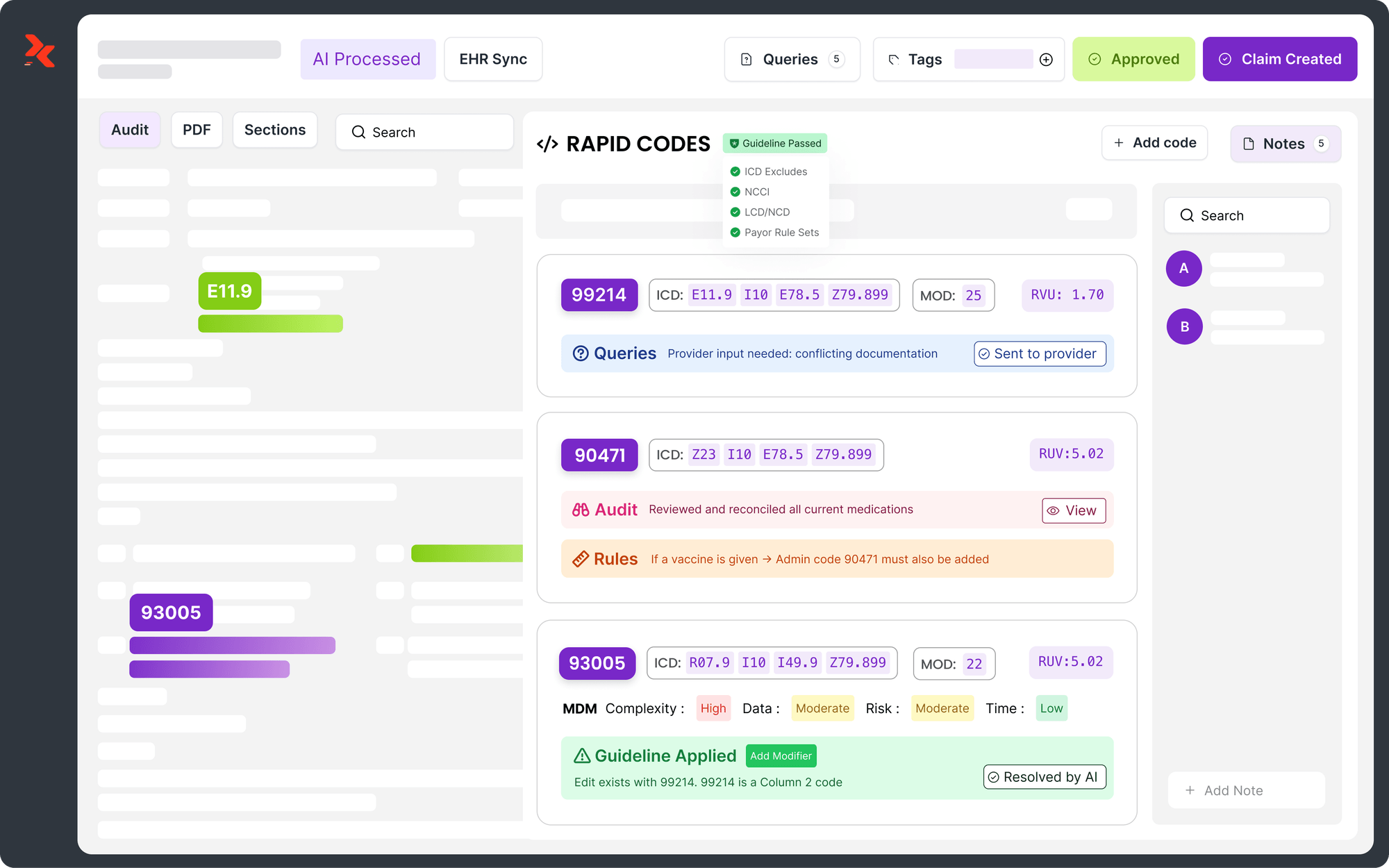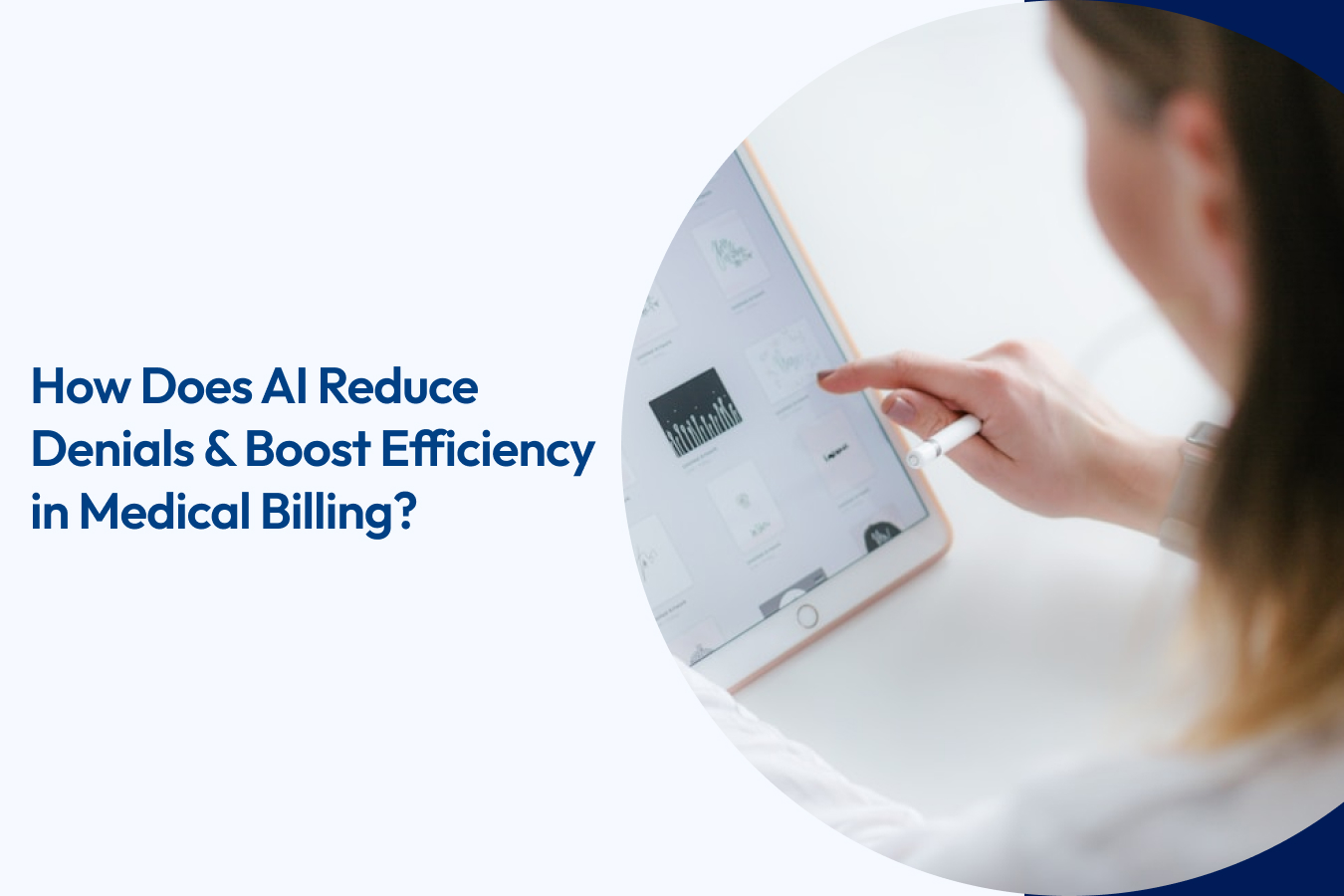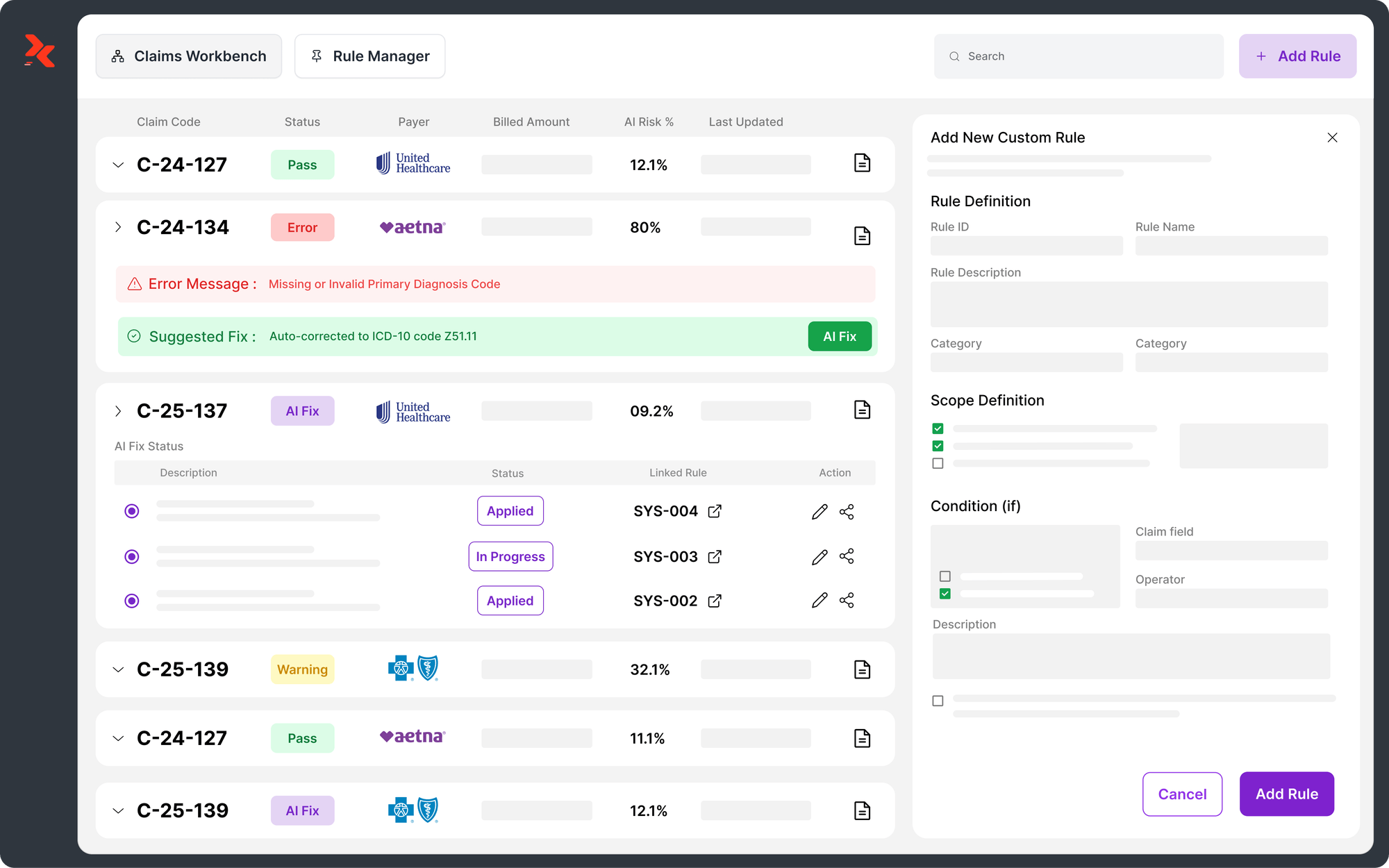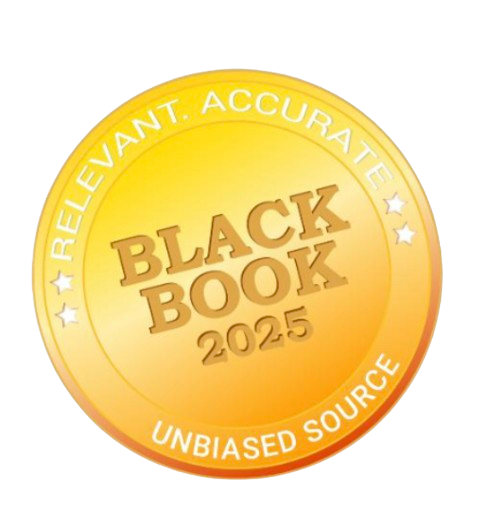The Benefits of AI in RCM: From Faster Claims Processing to Higher Reimbursement Rates
The Benefits of AI in RCM: From Faster Claims Processing to Higher Reimbursement Rates
In healthcare, the rising landscape is motivated towards paving their processes and making them more efficient. Advancements in technology redefine processes for better RCM management. AI in RCM is transforming how healthcare organizations approach financial workflows by presenting solutions that improve claims processing, increase revenue collections, and thus best recover revenue cycles. The integration of AI in RCM enables providers to automate routine tasks, significantly reduce turnaround times for claims, and increase reimbursement rates. Let's look into how AI in RCM changes the financial maps for healthcare.
Improved Predictive Analytics
One of the most significant advantages of using AI in RCM involves the predictive analytics element. Traditional process-based approaches will usually rely on historical data, leading to reactive decision-making. Thus, with AI in RCM, powerful algorithms can analyze deep datasets to predict trends and find possible revenue challenges before they happen.
This proactive approach allows healthcare organizations to optimize their financial strategies and improve outcomes. By anticipating patient payment behaviours and identifying patterns in claim denials, RCM teams can make informed decisions that enhance their financial performance.
Automated Billing and Coding
Manual billing and coding processes are fraught with complexities that may lead to many errors, thereby heavily impairing the reimbursement cycle. AI in RCM introduces automation to tasks, thus drastically lowering error rates and expediting the billing cycle.
With the aid of natural language processing and machine learning, AI in RCM systems are capable of accurately interpreting medical documentation, codifying diagnoses, and generating claims with no errors. Such automation not only removes the burden on RCM staff but also accelerates reimbursement cycles. Companies like RapidClaims are at the helm of this evolution, providing a remedy to boost the speed and accuracy of billing, allowing healthcare organizations to experience faster claim processing, lower denial rates, and accelerated cash flow.
Improved Patient Engagement and Experience
AI in RCM improves patient engagement by providing personal and timely communication. Automated systems can remind patients of outstanding bills, offer payment plans, and address patient inquiries efficiently. Proactive engagement at such times renders satisfied patients and ensures financial responsibility, leading to increased collected revenue.
AI in RCM chatbots and virtual assistants, as supporting resources for patients, allow access to information regarding bills, insurance details, and payment. Such transparency between healthcare providers and patients facilitates mutual trust and enhances the overall experience with care providers.
Fraud Detection and Prevention
Healthcare fraud is a serious concern that can cause substantial financial losses. The integration of AI in RCM equips healthcare organizations with the tools to detect anomalies and patterns indicative of fraudulent activities.
These advanced AI in RCM systems can monitor financial transactions and claims data. Thus, AI in RCM can identify irregularities that may go unnoticed in a manual audit. In addition to enhancing financial integrity within healthcare institutions, this improvement also strengthens general healthcare system trust.
Efficient Workflow and Resource Utilization
The AI in RCM is really built around efficiency. AI in RCM helps human resources by automating routine tasks and freeing up human intellect for more complex and strategic activities. This technology streamlines workflows, including many tedious tasks, such as data entry, claim processing, and eligibility verification.
This way, RCM professionals can spend their time on exceptions and strategic decision-making. Effective allocation of resources ultimately saves money and produces more. Organizations like RapidClaims use the power of AI in RCM to provide more operational efficiencies so that teams have more time to concentrate on high-impact work instead of sinking into operational routine.
Data-Driven Decision-Making
With AI in RCM, the revenue cycle becomes a data-driven arena. Through deep datasets, actionable insights steer decisions- about patient information, payment trends, and historical data—and help healthcare organizations make intelligent choices to optimize revenue and reduce financial risks in their wallets.
Real-time data analytics give an RCM team a quick response to industry changes, regulatory shifts, and changes in reimbursement models. Equipped with such adaptability, healthcare organizations can be persuaded to tackle the dynamics of healthcare finance.
Conclusion
As health care remains a continually evolving industry, AI in RCM is a giant step forward. It offers insurance companies and health care providers faster claims processing, higher reimbursement rates, and streamlined operations for greater efficiency and better financial outcomes. As such, health care providers can use this technology better to manage their revenue cycles and ultimately increase the quality of care provided to their patients.
RapidClaims is committed to supporting healthcare organisations in their journey towards efficient Revenue Cycle Management through advanced AI in RCM solutions. Our goal is to keep you in control, with confidence and precision, helping you achieve revenue maximisation and focus on more important issues—quality care for your patients.
Latest Post
Top Products

%201.png)








